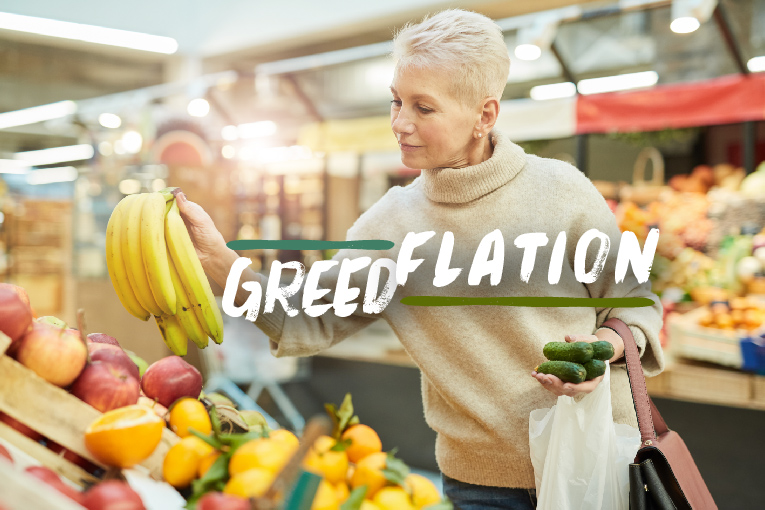Like many around the world, Australians are struggling with the cost of food. But amid accusations of “greedflation” – taking advantage of inflation to raise prices – are the country’s largest grocery chain monopolies to blame? Food prices have been on the rise in recent years, leaving many people struggling to afford healthy food. While the cost of living has increased, wages have not kept pace.
In Canada, grocers are reporting record earnings. Loblaw’s first-quarter profit this year was up nearly 40% from that of last year, and its net earnings after adjustments were up 17%.
Is there any truth to the idea of greedflation? Economists say it’s complicated. ‘No safe space … not even the freezer aisle’. For families who frequent grocery stores, the drastic increase in prices is hard to ignore. Canada’s food prices in September were up 11.4% compared to 6.9% overall inflation. The problem isn’t unique to Canada. The UK has seen a drastic rise in food prices as well – bread and cereals were up by an annual 12.4% in July, and oils and fats were up 23.4%. So has the US, where the cost of food was up 13.5% in September compared to last year



